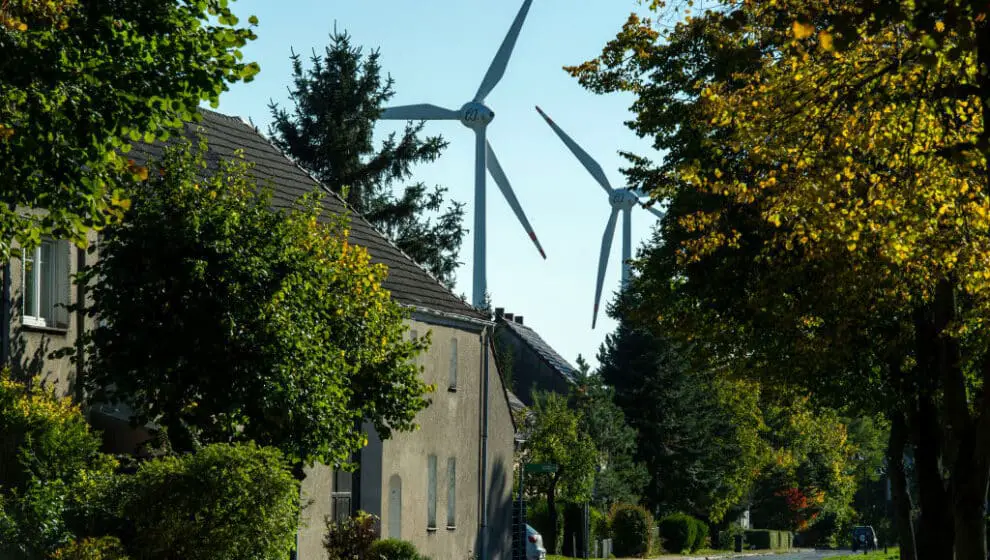The German government is hoping to reduce the burden on energy consumers this winter.
Key Details
- Facing more than 10.9% inflation, skyrocketing energy prices, and a cold winter, the German government has revealed its intentions to limit energy prices through 2023.
- “Germany on Monday said it plans to urgently implement a 96 billion euro ($93 billion) plan to ease pressure on consumers from surging gas prices as it was warned that the supply situation heading into winter remained tense even with full reserves,” says Reuters.
- Even with oil stores nearing their capacity, Germany is in for a tense winter as consumers will still be expected to lower their energy consumption.
- “If adopted, the plan would be paid for by a 200 billion euro ($195.51 billion) relief package Chancellor Olaf Scholz’s government announced last month to reduce the impact of energy prices on Europe’s largest economy, which experts have estimated needs to cut consumption by a fifth to get through winter and beyond without rationing,” Reuters continues.
- It also remains unclear when or whether Nord Stream will reopen and allow the country to replenish its supply in the near future.
Why it’s important
German energy experts are hoping that this relief will take the edge off of consumers and reduce the skyrocketing energy prices.
“Households are facing a very expensive winter because most of the relief will not take effect until next March,” says energy expert Thorsten Storck.
“The gas price brake is a very important first step that gives many companies back some confidence that they can overcome the crisis,” says German Chemicals Industry Association director Wolfgang Grosse Entrup.
Backing up a bit
As we previously reported, Germany is expecting severe economic stress and restrictions as the winter approaches. Manufacturing has shrunk by 2.9% just as nearly 16,000 stores are facing closures due to diminishing profits. Environmental groups are even calling for Christmas lights to be turned off this year to help meet the IEA’s demand for a reduction of energy consumption by 13% to reduce stress on supplies.
The German government went as far as to nationalize 40% of gas imports to secure the energy market.

